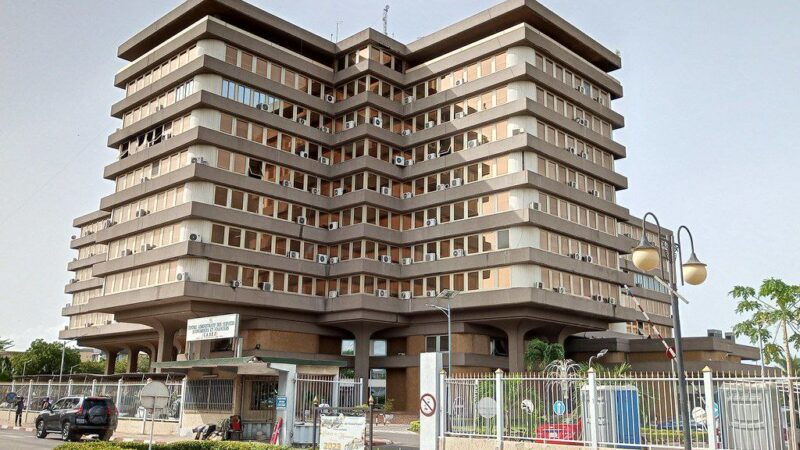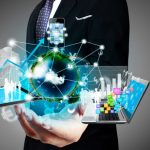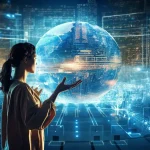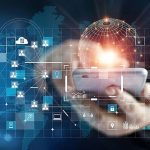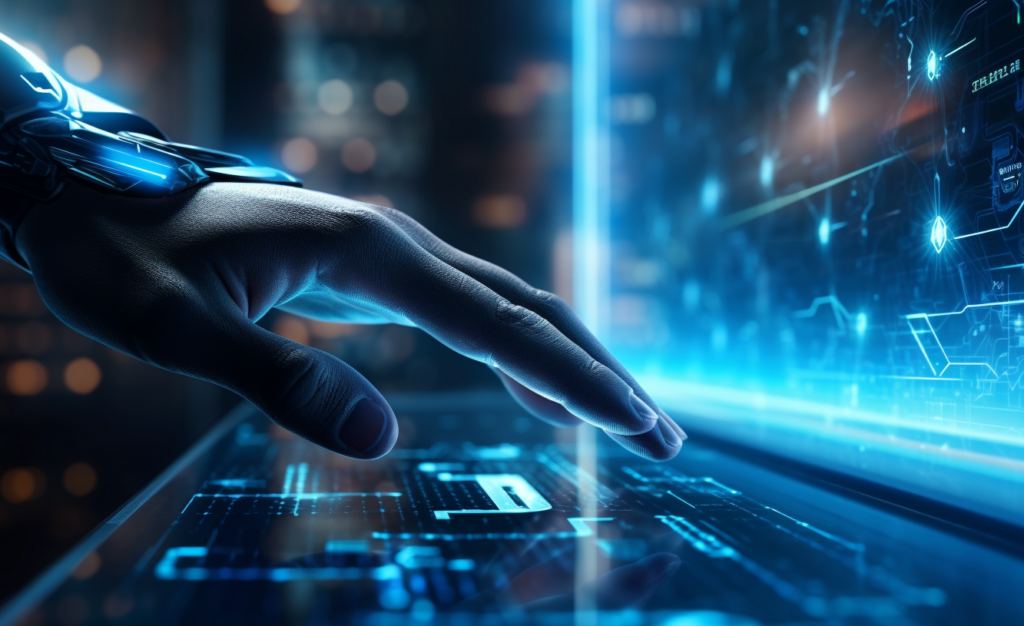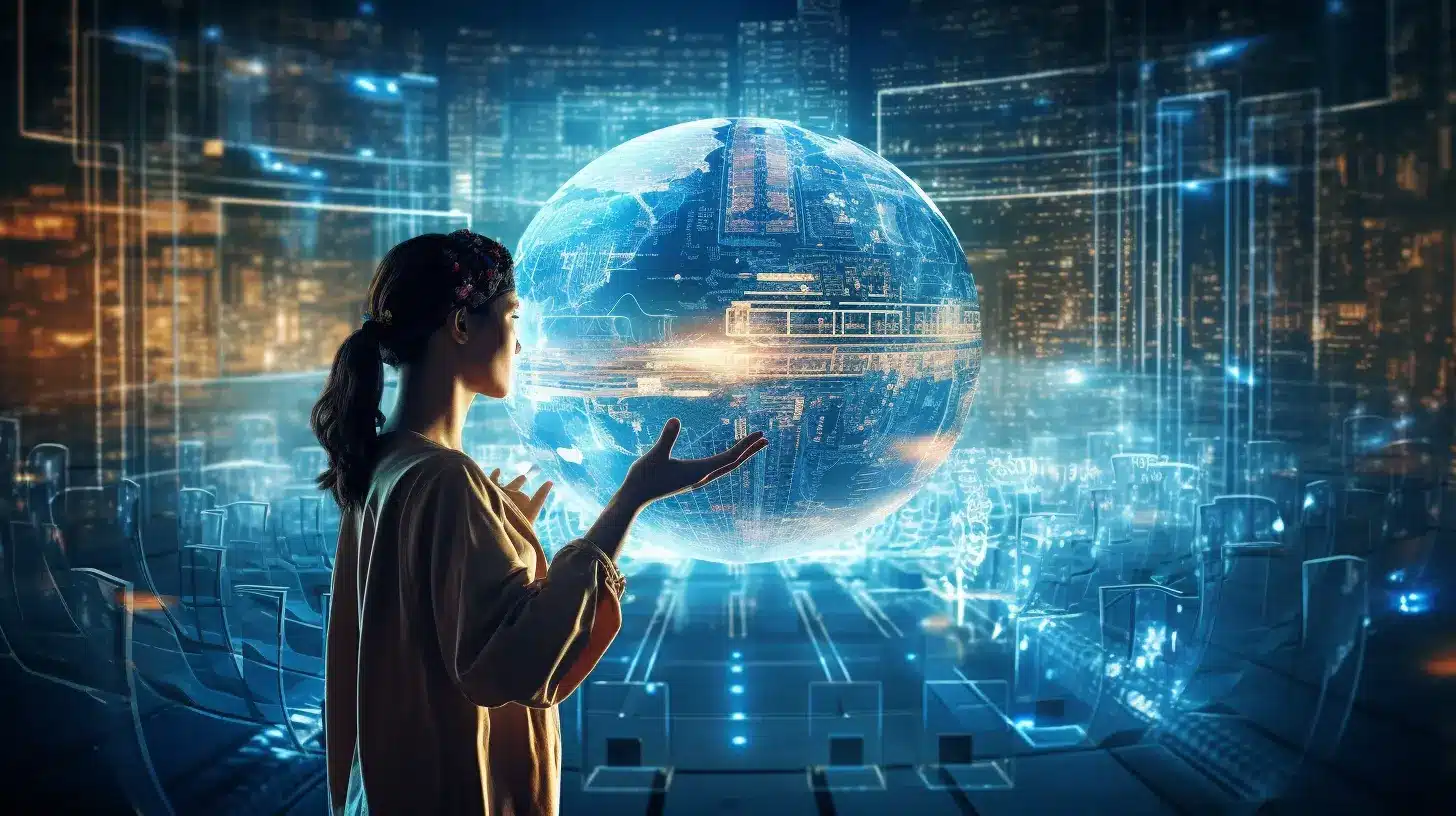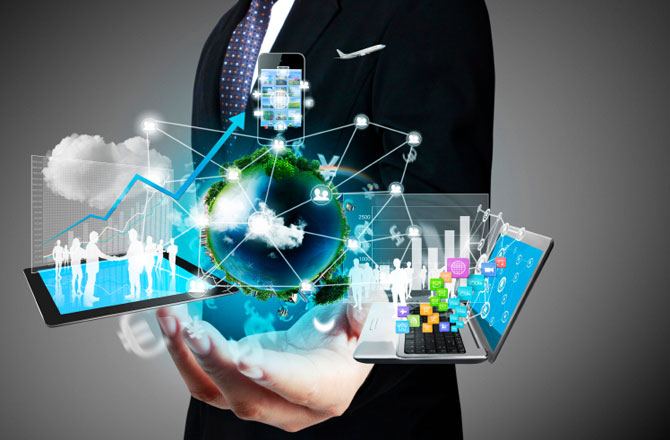Introduction
The world today stands at the crossroads of technology, fame, and political influence. The rise of social media has dissolved traditional barriers between global leaders, celebrities, and everyday citizens, creating an environment where information, activism, and influence flow seamlessly.
From AI-driven governance to celebrity-led humanitarian campaigns, the digital era has redefined what it means to lead, inspire, and create change. In this interconnected landscape, every tweet, innovation, and policy announcement echoes worldwide within seconds.
The Digitalization of Political Leadership
In the 21st century, political power depends not just on governance but on digital visibility. Politicians across the globe now compete for attention in an online arena dominated by algorithms and viral trends. Governments are employing artificial intelligence for public data analysis, while campaign teams rely on social platforms to shape narratives.
Leaders like Emmanuel Macron, Volodymyr Zelensky, and Barack Obama have mastered digital communication, using technology to connect with citizens directly. Yet, the same platforms also expose them to scrutiny, misinformation, and cyberattacks—illustrating how digital tools can empower and endanger political movements simultaneously.
Celebrity Influence in Global Crises
Celebrities have evolved into powerful catalysts for political and humanitarian action. Their voices amplify awareness about issues ranging from war to climate change. When figures like Selena Gomez speak out about mental health or Leonardo DiCaprio raises environmental concerns, millions listen.
Recently, global celebrities joined humanitarian campaigns to aid war-torn areas, including Gaza and Ukraine, leveraging their influence to generate funding and international solidarity. Their activism demonstrates how fame, when used responsibly, can transcend entertainment and become a force for genuine global change.
Technology as a Weapon and a Tool
While technology has connected the world, it has also intensified global challenges. Cybersecurity threats, disinformation campaigns, and online extremism now pose risks to democracy and peace. On the other hand, technological breakthroughs in renewable energy, space exploration, and artificial intelligence continue to inspire optimism.
The dual nature of technology—its power to build and destroy—reflects humanity’s moral responsibility in shaping the future. As nations race to regulate AI and data privacy, the question remains: can innovation outpace corruption and misuse?
Economic Disruptions and Digital Frontiers
Global economies are rapidly adapting to digital transformation. The shift toward automation and artificial intelligence has redefined the workforce, while cryptocurrency and fintech are challenging traditional financial systems. Politicians are now forced to balance innovation with economic stability.
Celebrities have entered the digital economy too—investing in startups, promoting sustainable brands, and using NFTs to engage fans. This merging of influence and commerce symbolizes how culture, technology, and politics are now inseparable components of a global ecosystem.
Media Responsibility and Truth in the Digital Age
The modern media landscape is a battlefield of truth and perception. News spreads faster than ever, yet distinguishing fact from fiction has become increasingly difficult. Both politicians and celebrities rely on media narratives to maintain influence, often leading to polarized audiences.
Fake news, deepfakes, and AI-generated misinformation are eroding public trust. The solution lies in responsible journalism and digital literacy, ensuring that technology remains a tool for enlightenment rather than manipulation.
A Global Push for Sustainability and Innovation
As the climate crisis accelerates, technology and political willpower are being tested. Nations are competing to create sustainable energy solutions, while global figures advocate for environmental responsibility.
Celebrities like Emma Watson and Chris Evans are championing sustainable lifestyles, while governments invest in renewable infrastructure. The intersection of influence, science, and activism is driving momentum toward a more eco-conscious global economy—one where progress must be achieved without sacrificing the planet’s health.
FAQs
How are digital platforms changing political engagement?
Social media enables direct communication between leaders and citizens, allowing faster engagement but also spreading misinformation.
What role do celebrities play in global humanitarian work?
Celebrities use their platforms to raise funds, awareness, and political pressure for humanitarian and environmental causes.
Why is regulating artificial intelligence essential?
Without regulation, AI can be exploited for surveillance, propaganda, and unethical data manipulation, threatening privacy and democracy.
How does technology influence global economics?
Automation, AI, and digital currencies are redefining trade, employment, and financial systems, making innovation crucial for economic growth.
What can be done to protect truth in media?
Investing in digital literacy and promoting independent journalism can counteract misinformation and restore public trust.
Conclusion
The balance between influence, innovation, and integrity defines the modern era. Technology empowers both leaders and citizens, but it also magnifies inequality and misinformation. Celebrities bring compassion to global issues, while political figures strive to navigate the challenges of an increasingly digital world. Together, they are shaping the cultural, political, and technological fabric of tomorrow.
As humanity moves deeper into the digital century, collaboration becomes essential. Only by combining political wisdom, technological progress, and celebrity-driven advocacy can we create a future rooted in empathy, equality, and sustainable growth. The next chapter of global development will depend not on who has the loudest voice—but on who uses their platform to build a more informed, connected, and compassionate world.



